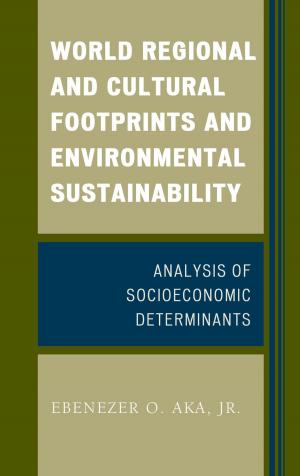Law Enforcement and the INS
A Participant Observation Study of Control Agents
Nonfiction, Social & Cultural Studies, Political Science, Government, Civics, Entertainment, Performing Arts, Television| Author: | George Weissinger | ISBN: | 9780761869023 |
| Publisher: | Hamilton Books | Publication: | March 29, 2017 |
| Imprint: | Hamilton Books | Language: | English |
| Author: | George Weissinger |
| ISBN: | 9780761869023 |
| Publisher: | Hamilton Books |
| Publication: | March 29, 2017 |
| Imprint: | Hamilton Books |
| Language: | English |
This book updates prior research that utilized the perceptions of criminal investigators of the Immigration & Naturalization Service (INS), and compares these perceptions with immigration enforcement priorities that were implemented post 911, through the Obama Administration up to the Trump presidency. The legacy INS attempted to provide both a service and control function, which made it difficult for INS investigators to fulfill their mission of interior enforcement of the immigration laws. Other problems that surfaced included organizational relations, as well as notions about professionalism, which affected recruitment, retention, training, and worker expectations. The creation of the Department of Homeland Security (DHS) should have addressed these issues relating to immigration enforcement with the intent of solving some of the underlying problems. However, policies and ideological issues exacerbated efforts to enforce the immigration laws. The updated material in this third edition discusses how the interaction between an organization and the environment in which it operates, contributes to effectiveness with specific reference to the organization’s stated mission, A review of immigration laws and agency policies, including executive orders, priorities, the impact of sanctuary cities, and consideration of the wider variables impacting illegal migration among other issues, were also analyzed.
This book updates prior research that utilized the perceptions of criminal investigators of the Immigration & Naturalization Service (INS), and compares these perceptions with immigration enforcement priorities that were implemented post 911, through the Obama Administration up to the Trump presidency. The legacy INS attempted to provide both a service and control function, which made it difficult for INS investigators to fulfill their mission of interior enforcement of the immigration laws. Other problems that surfaced included organizational relations, as well as notions about professionalism, which affected recruitment, retention, training, and worker expectations. The creation of the Department of Homeland Security (DHS) should have addressed these issues relating to immigration enforcement with the intent of solving some of the underlying problems. However, policies and ideological issues exacerbated efforts to enforce the immigration laws. The updated material in this third edition discusses how the interaction between an organization and the environment in which it operates, contributes to effectiveness with specific reference to the organization’s stated mission, A review of immigration laws and agency policies, including executive orders, priorities, the impact of sanctuary cities, and consideration of the wider variables impacting illegal migration among other issues, were also analyzed.















